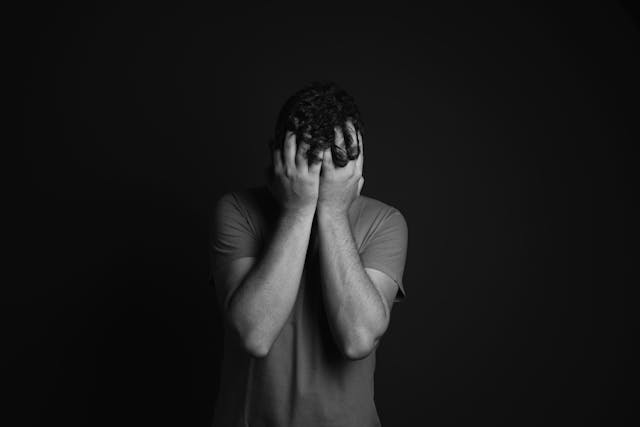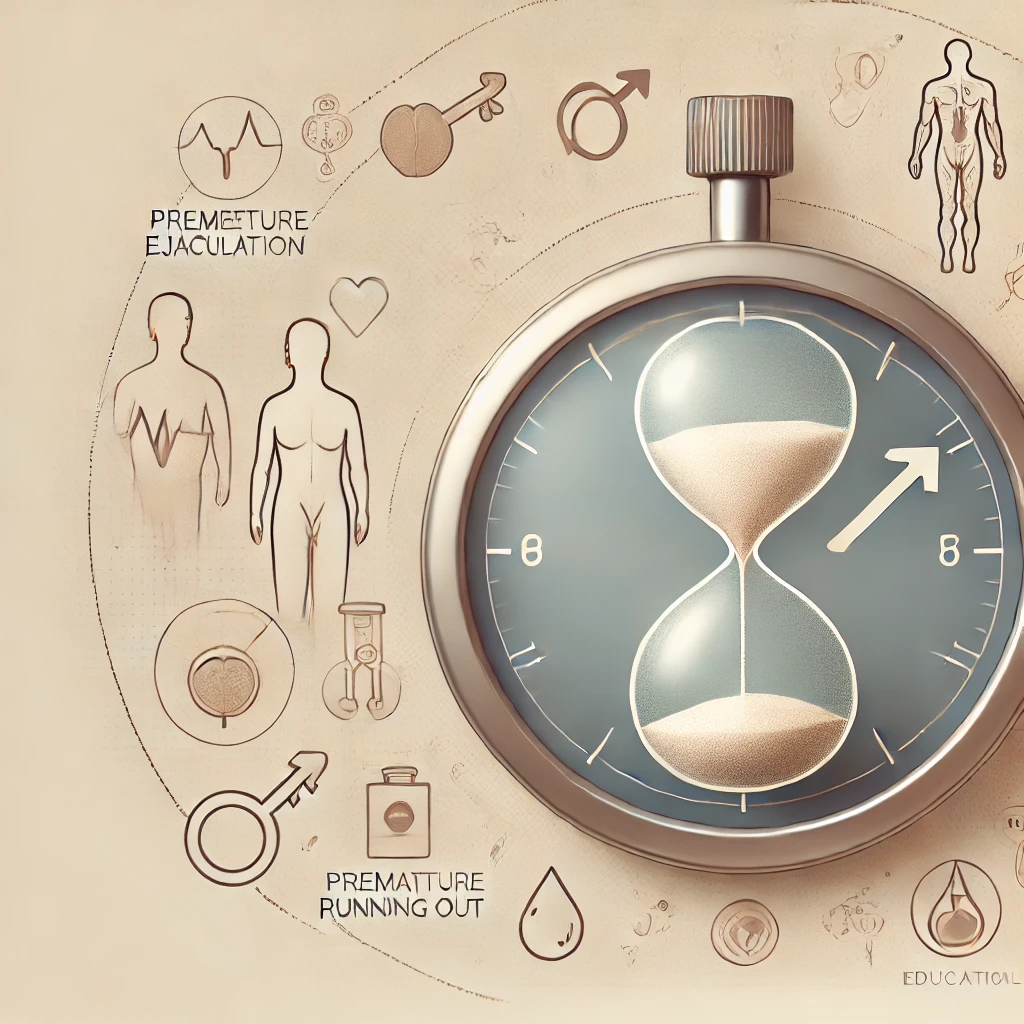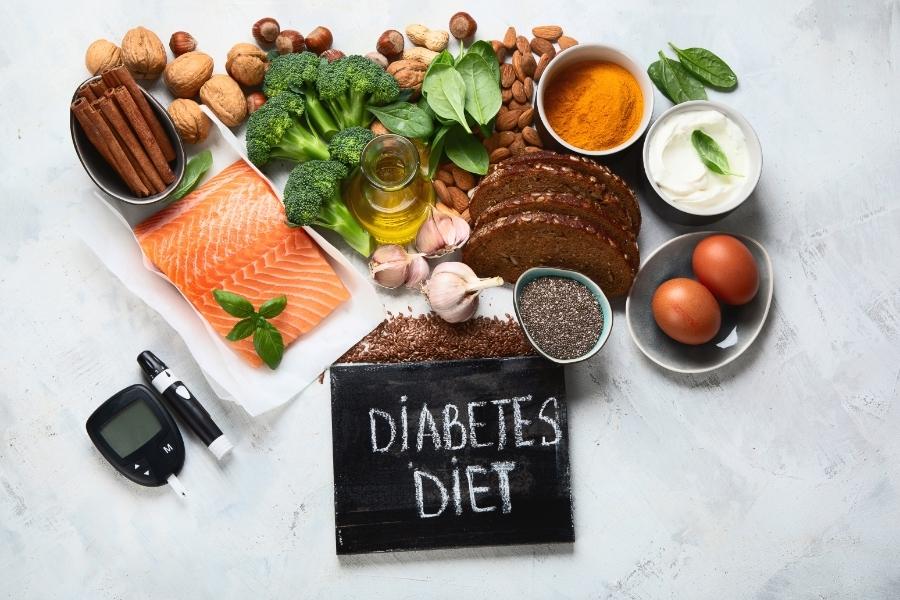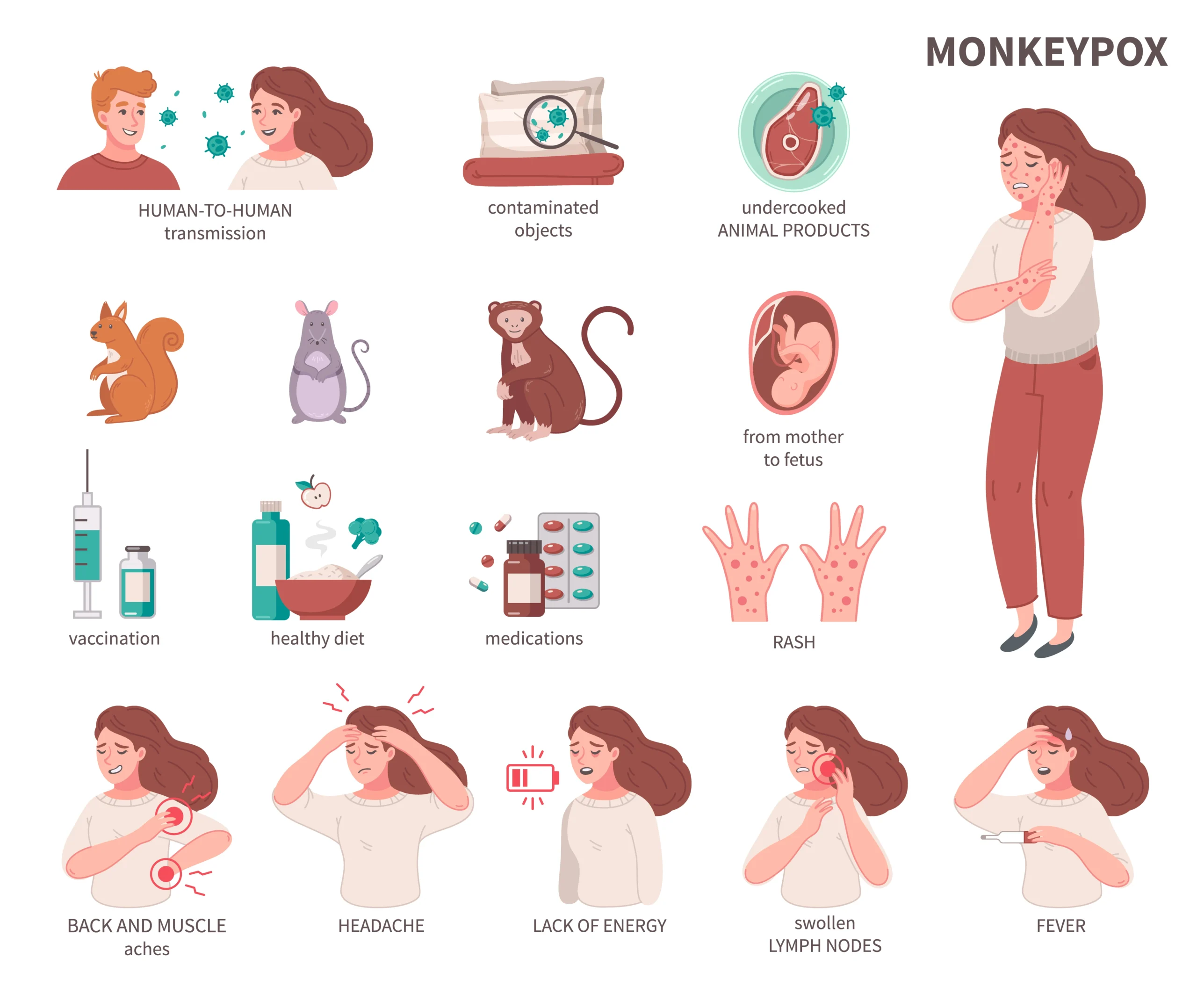Table of Contents
- Introduction
- What Are Mental Health Disorders?
- Why Recognizing Early Signs Is Crucial
- Common Early Signs of Mental Health Disorders
- Mood Changes
- Cognitive Symptoms
- Behavioral Changes
- Physical Symptoms
- Emotional Symptoms
- Early Signs in Children and Adolescents
- How to Approach Someone Showing Early Signs
- Treatment and Support for Early Signs of Mental Health Disorders
- When to Seek Professional Help
- Conclusion
- Call to Action
- Q&A Section

Recognizing the early signs of mental health disorders is vital for individuals and families. Mental health conditions can affect how we think, feel, and behave, and early detection is key to managing them effectively. This blog will delve into the importance of early diagnosis, the signs to look for, and how timely intervention can improve long-term outcomes.
Mental health issues can appear in various forms, from anxiety and depression to more severe conditions like schizophrenia and bipolar disorder. Many mental health disorders can be managed or even prevented if detected early. Understanding the mental health symptoms is essential for both men and children. In this context, we’ll also explore mental health in men and how specific disorders affect this demographic. Additionally, we’ll discuss available support and treatment options.
1. What Are Mental Health Disorders?
Mental health disorders affect an individual’s thinking, feeling, or behavior. They can impact a person’s ability to function normally in everyday activities. More than 200 types of mental health conditions exist, and they can affect anyone, regardless of age, gender, or background.
For example:
- Anxiety disorders affect millions, causing excessive worry.
- Mood disorders like depression and bipolar disorder disrupt daily life.
- Psychotic disorders, such as schizophrenia, interfere with a person’s perception of reality.
While these conditions vary widely, they often share common early signs, such as mood swings, irritability, and withdrawal from social interaction.
In terms of men’s mental health, it’s important to note that men are often less likely to seek help due to societal stigmas. This is particularly evident during Men’s Mental Health Month, which emphasizes the importance of addressing mental health issues in men.
3. Why Recognizing Early Signs Is Crucial
Identifying mental health issues early can lead to better outcomes. Treatment options are more effective when disorders are caught in their early stages and recovery rates are higher. For instance, early intervention can reduce the severity of symptoms and allow individuals to continue with their daily lives.
Additionally, early diagnosis can prevent the escalation of issues. For men, mental health struggles can manifest in substance abuse or anger issues, which are often overlooked. The social stigma around mental health disorders needs to be reduced, and awareness of Men’s Mental Health Month is an important step in this direction.
Early detection also helps in reducing the stigma surrounding mental health, making it easier for individuals to seek help without fear of judgment.
4. Common Early Signs of Mental Health Disorders
Recognizing the early signs of mental health disorders is essential. Below are the key symptoms to watch for:
Mood Changes
- Persistent sadness or feelings of hopelessness.
- Irritability, extreme mood swings, or apathy.
- Loss of interest in activities once enjoyed.
Cognitive Symptoms
- Difficulty concentrating or making decisions.
- Memory problems or feeling mentally “foggy.”
- I need help focusing, leading to performance issues at school or work.
Behavioral Changes
- Withdrawal from social interactions and normal activities.
- Increased substance use (drinking, drugs) or compulsive behaviors.
- Changes in appetite or sleep patterns, such as insomnia or excessive sleeping.
Physical Symptoms
- Unexplained aches, pains, or fatigue.
- Difficulties with coordination, balance, or general motor functions.
- Headaches or digestive problems without a clear medical cause.
Emotional Symptoms
- Excessive worry or fear with no clear reason.
- Heightened sensitivity to stress, panic attacks, or a constant feeling of being overwhelmed.
- Suicidal thoughts or self-harm behaviors.
5. Early Signs in Children and Adolescents
Mental health symptoms in children and adolescents can manifest differently than in adults. Parents and caregivers should be vigilant in observing signs such as:
- Drastic changes in school performance or behavior at home.
- Difficulty in social interactions or withdrawing from friends and family.
- Increased irritability, mood swings, or outbursts.
- Disrupted sleep patterns or nightmares.
Children may also exhibit physical symptoms such as headaches or stomachaches due to emotional distress.
6. How to Approach Someone Showing Early Signs
If you suspect someone is experiencing early signs of a mental health disorder, approach the situation with care:
- Listen without judgment and offer your support.
- Encourage the individual to seek help from a healthcare professional.
- Be patient and understanding, as mental health issues can be complex and difficult to discuss.
Support networks, including family, friends, and mental health professionals, are crucial for helping people effectively with early symptoms, effective treatment, and Support for Early Signs of Mental Health Disorders.
Various treatment options exist to help individuals manage mental health disorders:
- Psychotherapy: Cognitive Behavioral Therapy (CBT) and other therapeutic options are effective for managing anxiety, depression, and more.
- Medication: Medications such as antidepressants or anti-anxiety drugs may be prescribed.
- Alternative therapies: Yoga, meditation, acupuncture, and other holistic practices can complement traditional treatments for managing depression and anxiety.
Lifestyle changes such as regular exercise, balanced nutrition, and adequate sleep can also improve mental health.
8. When to Seek Professional Help
If symptoms persist for more than two weeks or significantly impact daily life, it’s important to consult a healthcare provider. Professional treatment options may include therapy, medication, or other interventions. In case of emergencies, such as suicidal thoughts or severe anxiety, immediate attention is necessary.
9. Conclusion
Mental health disorders can affect anyone, regardless of age or gender. Men’s Mental Health Month is an important reminder to prioritize mental well-being, particularly in populations reluctant to seek help. By recognizing the early signs of mental health disorders, individuals can take steps to address issues before they escalate.
11. Q&A Section
Q: What is the most common mental health disorder in men?
A: Depression and anxiety are among the most common disorders in men. Men often experience these conditions differently, manifesting as irritability or anger rather than sadness.
Q: When is Men’s Mental Health Month?
A: Men’s Mental Health Month is observed every June to raise awareness about mental health issues affecting men.
Q: How can alternative treatments for depression help?
A: Alternative treatments such as meditation, yoga, and acupuncture can complement traditional therapies, helping to reduce symptoms of depression and improve overall well-being.








